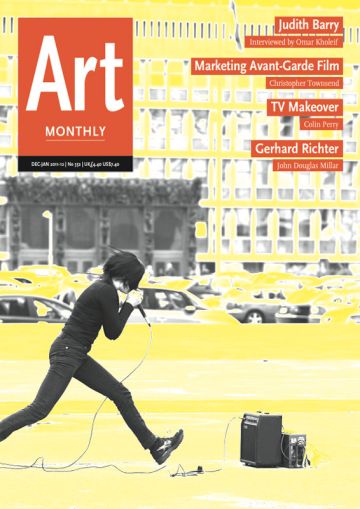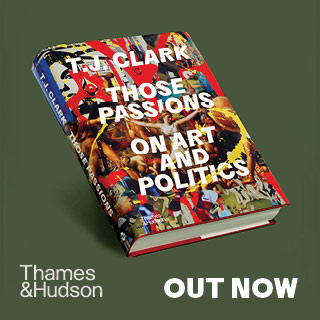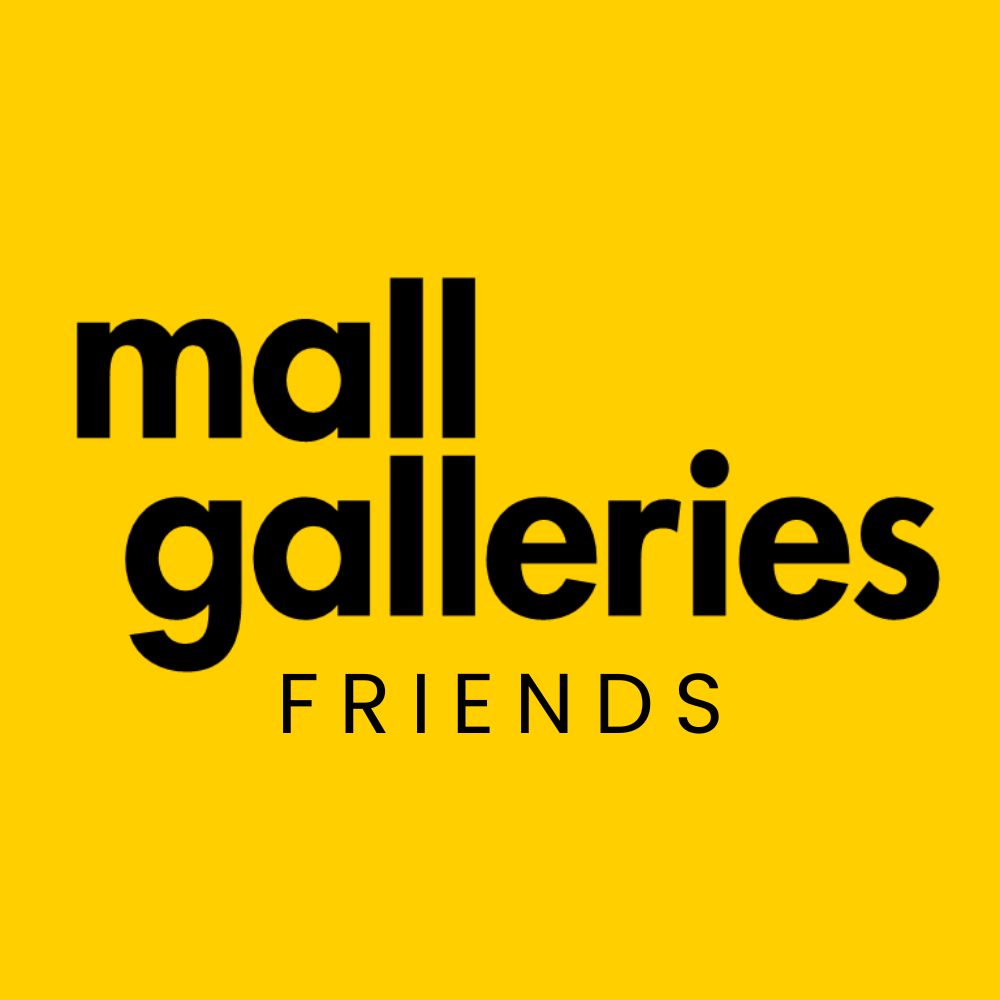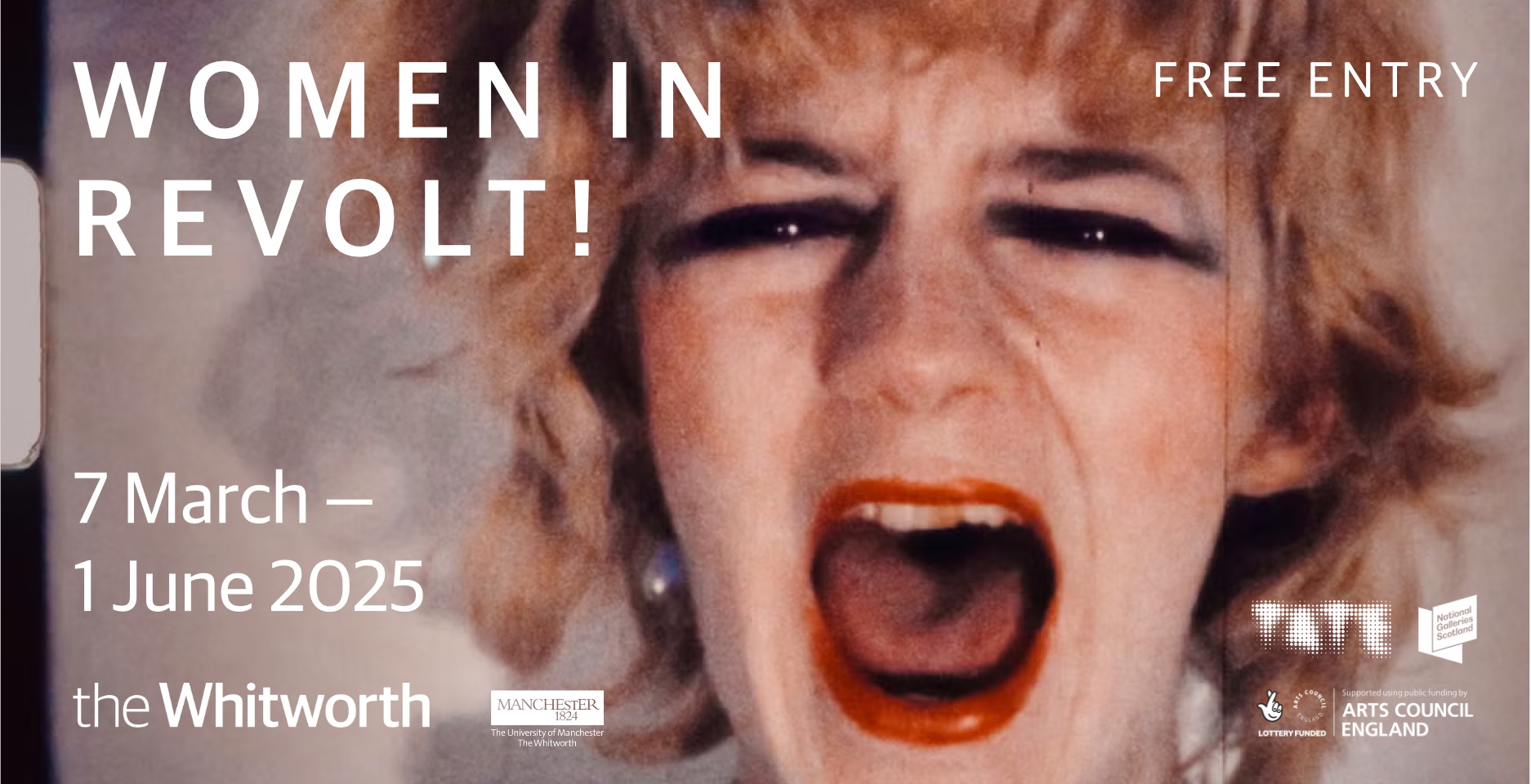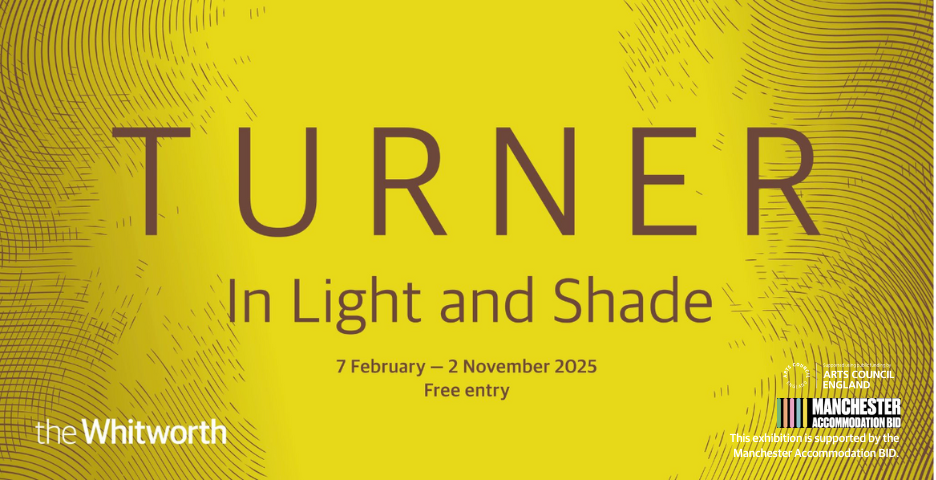Art Monthly 352
Dec-Jan 11-12
Judith Barry
Interviewed by Omar Kholeif
Marketing Avant-Garde Film
Christopher Townsend
TV Makeover
Colin Perry
Gerhard Richter
John Douglas Millar
Buy Now – select:
Want to read this right now?
Get instant access to the entire back catalogue via Exact Editions from only £8.99!
Contents
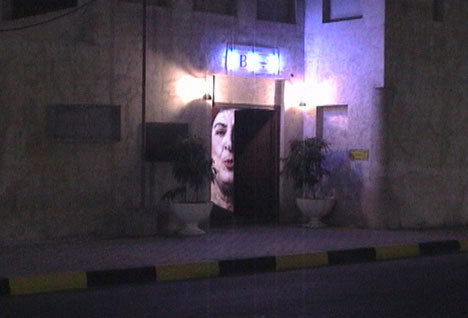
Judith Barry ...Cairo stories 2011
Interview
Cairo Stories
Judith Barry interviewed by Omar Kholeif
Pioneering video artist Judith Barry has spent the past decade working on the ...Cairo stories project, in which Cairene women recount tales of their lives and experiences. Here, Barry discusses the changing perception of Americans in Egypt, the problems of representation and the difficulty of filming in the midst of a revolution.
'During breaks in shooting we were glued to Al Jazeera on the computer – at the time not on TV channels in New York. You can imagine the mood on the set: elation mixed with excitement, and also at times a great deal of fear. We wrapped two days after President Mubarak stepped down.'
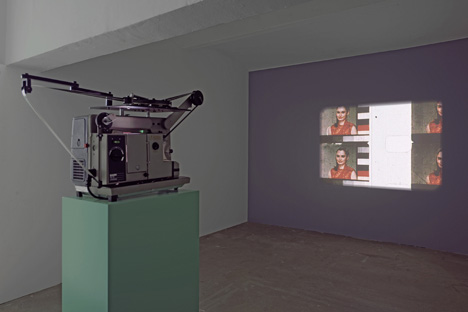
Owen Land Film in Which There Appear Edge Lettering, Sprocket Holes, Dirt Particles, Etc 1965-66
Feature
The Great Divide
Christopher Townsend on the marketing of avant-garde film
The recent reemergence of early experimental filmmakers within the commercial art world is a double-edged sword. While the visibility and recognition is welcome, isn't the the ossifying hand of the market antithetical to the ethos of the free-flowing experimental scene?
'Just like Andy Warhol before him, Michael Snow said Richard Serra had walked into the Filmmakers' Co-Op and walked out again with a head full of ideas, which his backing from Leo Castelli then gave him the opportunity to exploit within the commercial art scene.'
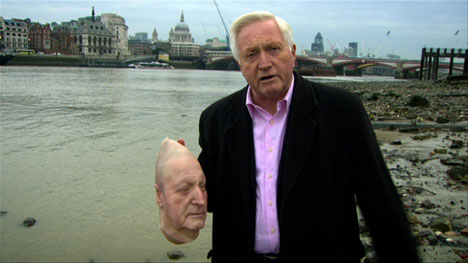
Nathaniel Mellors The Seven Ages of Britain Teaser 2010
Feature
TV Makeover
Colin Perry on the vexed relationship between art and TV
Where once video artists set about attempting to subvert broadcast television, recently they seem to have surrendered to its normative codes. Since the most troubling aspects of TV have tended to get worse over time, shouldn't artists retain a questioning attitude towards it?
'Artists have stopped trying to change television, and for good reasons. In the early decades of video art, there was much hope that TV would prove an open and democratic platform for visual art, but the actual experience proved rather different.'
Comment
Editorial
God and Mammon
As the rich and the poor in our cities are increasingly divided by exclusive gated communities, there is a feeling that not everyone is in this together. When unrest springs and spreads – from Tahrir Square to Martyrs' Square, from Wall Street to St Paul's – it is all fuelled by the same underlying sense of inequality.
'In the US, as in the UK and the rest of the world, "the people" are not waiting to be "allowed in" but are storming the gates.'
Letters
Elizabeth Price's occupational therapist responds to Price's and Peter Suchin's correspondence on fine art PhDs, and Suchin declines the offer of professional help. Sean Ashton questions the limitations of John Douglas Millar's article on art writing, and Millar responds. Michael Hampton attempts to step outside the art-writing debate.
Artnotes
Ai Weiwei is given an arbitrarily large fine by the Chinese government and in response his supporters lob cash over his studio wall; the Make a Living group calls for fair treatment for artists by publicly funded organisations; artists miss out on direct ACE funding; a survey reveals the pitiful and declining state of artists' finances; all the latest news on prizes, people, online resources and more.
Submissions: Send Artnotes info to artnotes@artmonthly.co.uk
Reviews
Exhibitions
Gerhard Richter
Tate Modern, London
John Douglas Millar
Malcolm Le Grice: le temps des images
Espace Multimédia et Culture Numérique Gantner, Bourogne
Aoife Rosenmeyer
Jesse Jones: The Struggle Against Ourselves
National Sculpture Factory, Cork
Chris Clarke
Bani Abidi: Section Yellow
Baltic, Gateshead
Paul Usherwood
Anna Barriball
Milton Keynes Gallery
Cherry Smyth
Democratic Promenade
The Bluecoat, Liverpool
David Briers
3rd Athens Biennale: Monodrome
various venues
3rd Thessaloniki Biennale: Old Intersections – Make it New
various venues
Anna Dezeuze
12th Istanbul Biennial: Untitled
various venues
Jennifer Thatcher
11th Lyons Biennale: A Terrible Beauty is Born
various venues
Chris Sharp
Iain Forsyth & Jane Pollard: Romeo Echo Delta
Kate MacGarry, London
Mark Prince
You, Me, Something Else
Gallery of Modern Art, Glasgow
Rosie Lesso
London Round-up
Chris Fite-Wassilak
Reviews
Artists' Books
Again, A Time Machine
David Trigg on the Bristol instalment of Book Works' 'fluid tour'
'Translation, it seems, lies at the heart of Book Works' activities, whether it be translating artist's ideas into the physical form of a book or facilitating the further transformation of those books into performances and exhibitions.'
Stuart Griffiths: The Myth of the Airborne Warrior
Maria Fusco on a former paratrooper's photos of Northern Ireland
'Just as prize fighters are deprived of visual stimuli, trained in beige quarters to sharpen their force, so, too, the soldiers' tedium, the mundanity of their day-to-day life, must have strategically readied them to get stuck in all the more enthusiastically when the time came, and even to devise scenarios where tension could be released.'
Reviews
Books
Winter Reading
David Barrett on some recent releases
'Art education, with its current funding turmoil, continues to be a source of debate and a wellspring for publications.'
Reviews
Sound
Sottovoce
David Ryan on a screening at the experimental-music festival
'Sottovoce, now in its 4th edition as a London-based festival, aims to develop new interactions and audiences for experimental music, in particular between the music, film and visual art worlds.'
Report
Ljubljana
The 29th Biennial of Graphic Arts: The Event
Dave Beech on the six-site exhibition
'As graphic design has expanded into television, branding, web design, media strategy and guerrilla advertising, artists have turned to video, performance, spectacle, the archive, tactical media, net art and social intervention.'
Artlaw
Public Policy
Change of Art
Henry Lydiate on the ownership of art
'Henry Moore's Knife Edge Two Piece, 1962-65, currently sited at College Green opposite the entrance to the House of Lords (where TV news reporters often interview politicians), is in appallingly bad shape and needs serious restoration. But nobody admits responsibility for its maintenance or ownership.'
Listings
Exhibitions
Exhibition listings
Art Monthly's exhibition listings can also be viewed online.

